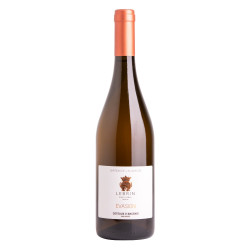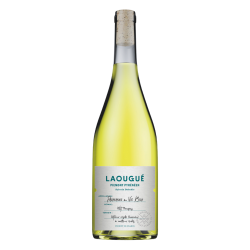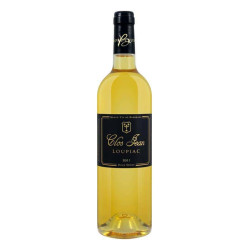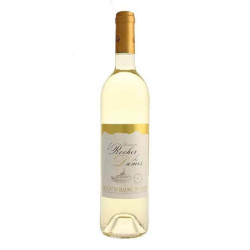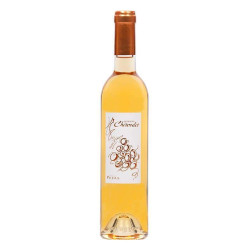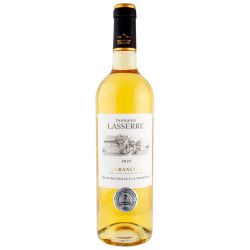Free delivery on purchases of €150 or more per winegrower in France and €250 in Europe (excluding United Kingdom)
Free delivery on purchases of €150 or more per winegrower in France and €250 in Europe (excluding United Kingdom)
-
- Great Offer
-
Our wines
-
-
By colors
-
All the wines
-
-
-
All Regions
-
-
-
-
Our organic & natural wines
-
-
Our Champagnes & Spirits
-
-
All Champagnes
-
-
Spirits
-
All the spirits
-
-
-
Our winemakers
-
-
-
winemakers
-
-
-
Our advice
-
-
Find your wine
-
-
-
- Our commitment !
-
- Great Offer
-
Our wines
-
-
By colors
-
All the wines
-
-
-
All Regions
-
-
-
-
Our organic & natural wines
-
-
Our Champagnes & Spirits
-
-
All Champagnes
-
-
Spirits
-
All the spirits
-
-
-
Our winemakers
-
-
-
winemakers
-
-
-
Our advice
-
-
Find your wine
-
-
-
- Our commitment !
Unbeatable !
SWEET WINE AND LIQUEUR WINE: DO YOU KNOW THE DIFFERENCE?

Do You Know the Difference Between a Sweet Wine and a Liqueur Wine?
1) Sweet Wine vs. Liqueur Wine: More or Less Sugar
The main difference between a sweet wine and a liqueur wine lies in their sugar content. A sweet wine can be classified as such when the amount of residual sugars—that is, sugars that have not been converted into alcohol during fermentation—is between 10 and 45 grams per liter of wine. A liqueur wine, on the other hand, has a residual sugar/alcohol ratio exceeding 45 grams per liter. These different levels of sugar influence the tasting experience: a sweet wine is softer and provides a velvety sensation on the palate, while a liqueur wine is both sweeter and richer in alcohol.
2) Different Winemaking Methods
Since the “recipe” for a sweet wine and a liqueur wine is not the same, their winemaking methods are also notably different. Sweet wines are produced from grapes harvested in an overripe state. Liqueur wines are also made from overripe grapes, but they can additionally come from grapes affected by noble rot, which means the fruit has been influenced by a fungus called Botrytis cinerea. This fungus creates a fine layer of yeast on the wine, concentrating the sugar and imparting unique aromas (such as nuts and curry), as seen in Vin Jaune, a renowned specialty of the Jura region.
Our nuggets
Related articles
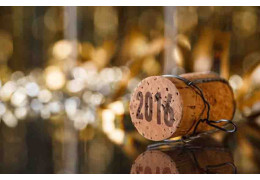
2016 VINTAGE: 4 WINE HIGHLIGHTS
Today, we take a look back at 4 wine facts that marked the 2016 vintage.
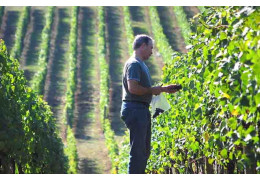
VINEYARD MANAGER: FOCUS ON A PROFESSION LITTLE KNOWN TO THE GENERAL PUBLIC
We're all familiar with the concert hall manager, but much less so with the ...
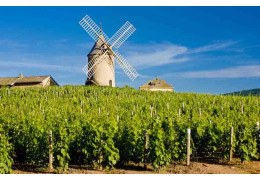
BEAUJOLAIS: 2 ANECDOTES YOU MAY NOT KNOW
Every year, the third Thursday in November marks the arrival of Beaujolais N...

WHAT DOES THE MOUTH OF A WHITE WINE REVEAL?
Previously, we explained how to interpret the colour of a white wine and the...
